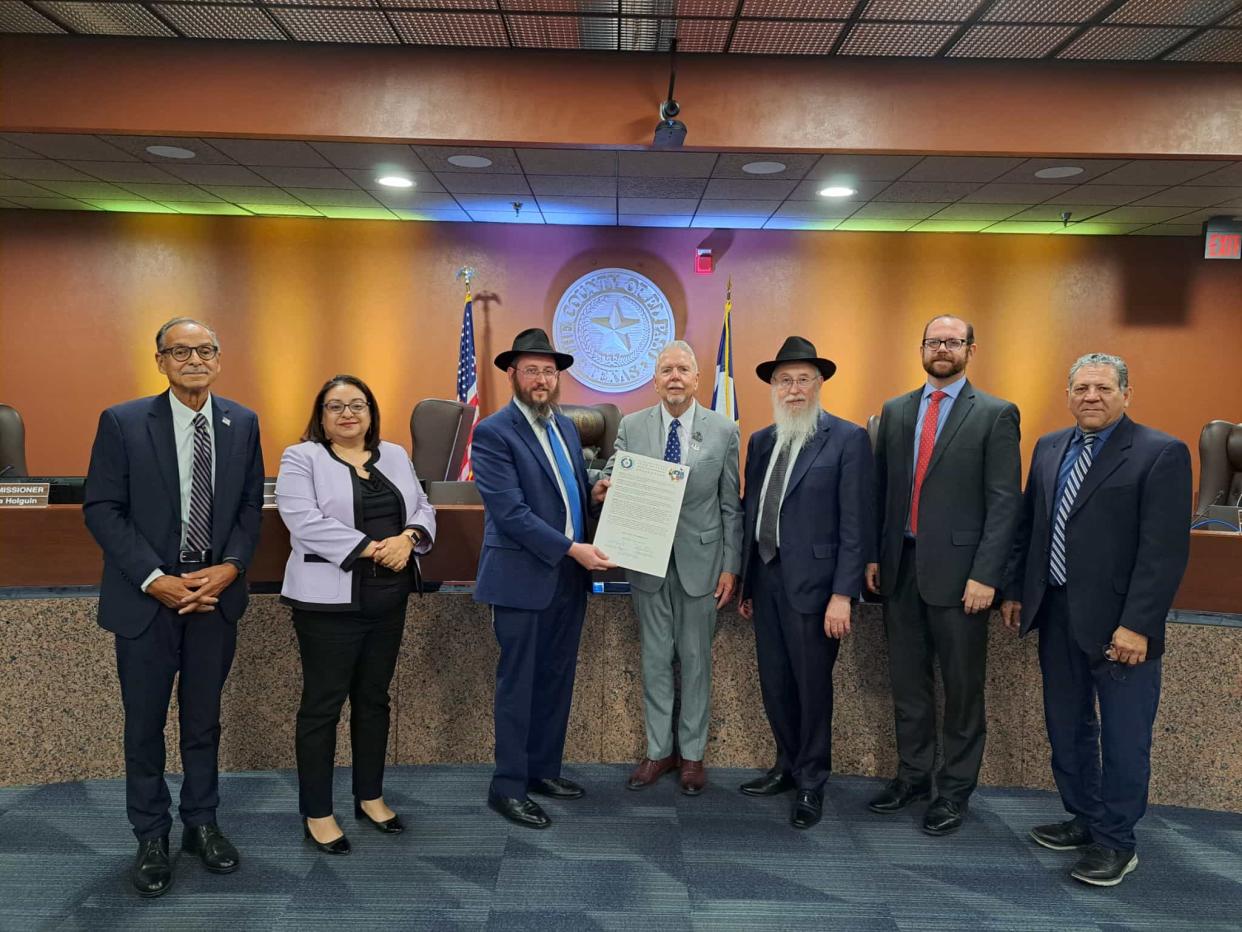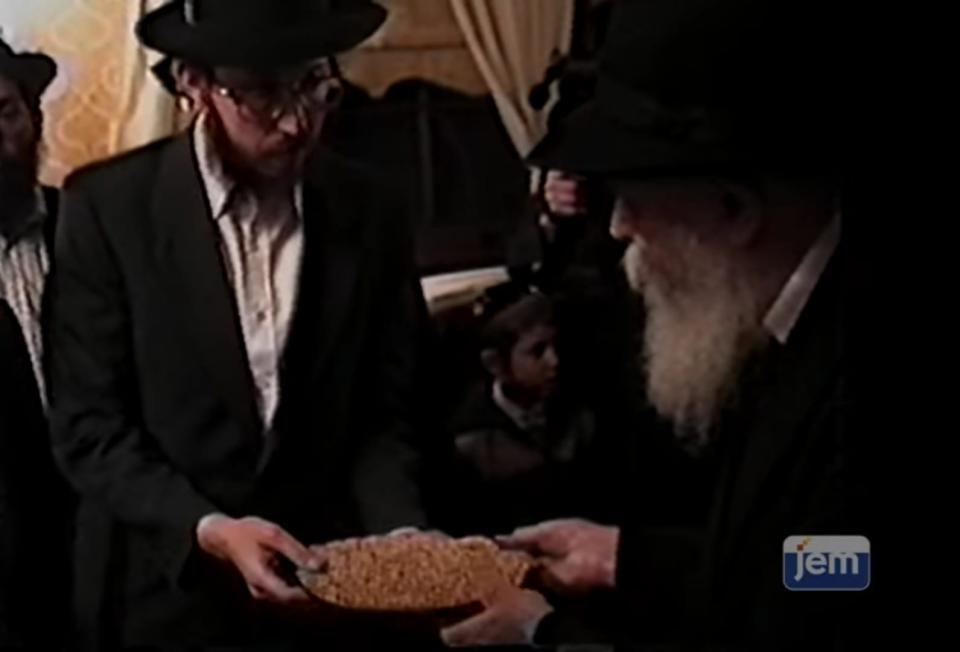Let us reflect on our obligation to enhance the education of our children: Rabbi Levi Greenberg

My children are an inquisitive bunch, and as they grow older their questions get deeper and tougher to answer. Most information I can find on the internet but often their questions demand answers beyond facts and figures. That’s what makes the annual celebration of Passover so interesting for us.
Passover Seder is the longest-running annual family dinner in history. 3,336 years ago G-d instructed the Israelites to have a feast of roasted sacrificial meat, unleavened bread called Matzah, and bitter herbs on the eve of their redemption from Egyptian slavery. This marked the birth of the Jewish nation and the anniversary has been observed ever since with a choreographed festive dinner packed with many rules and traditions.
Storytelling is a major component of the seder schedule and, as biblically prescribed, the story of our exodus is meant to be told as a response to questions asked by children. “And it will come to pass if your child asks you in the future, saying, "What is this?" you shall say, "With a mighty hand G-d took us out of Egypt, out of the house of slavery” (Exodus 13:14).
This question-and-answer format is so integral to the Passover observance that our sages composed a text of four questions famously known as the “Ma Nishtana” recorded in every Haggadah (Passover seder guidebook). Children have been asking these questions to their parents during the seder for thousands of years: What makes this night different from all other nights? Why do we dip vegetables twice, eat unleavened bread exclusively, have bitter herbs, and eat and drink while reclining?
More: How do El Paso school districts set their budget? 7 things to know and how to get involved
Placing the spotlight on the children during the most important religious family ceremony of the year has had profound positive ramifications in ensuring our heritage continues through the ages. Preparing them to perform that night is an educational priority as Passover approaches.
Four days before Passover in 1989 the Rebbe, Rabbi Menachem Mendel Schneerson celebrated his 87th birthday. It was Sunday, and following his long-standing weekly tradition, he greeted the thousands of people who came to receive his blessing by handing each one a dollar bill to be given to charity. I recently watched a compilation of six conversations he had with parents and children that Sunday afternoon.
The Rebbe asked whether the children were prepared to ask the Four Questions at the seder — a standard pre-Passover inquiry — but then asked whether the parents had already prepared the answers. It struck me that with this follow-up question, the Rebbe was teaching us all an important lesson in education and parenting. If you encourage the children to ask questions you must be prepared to answer them. Although our children are trained to ask a boilerplate text of questions and we will recite the traditional text from the Haggadah in response, we must appreciate that each child is asking something unique, and as their elders, we must be prepared to answer the child and not the question.
When we celebrate liberty children want to understand what liberty is all about, not only through historical facts and figures but through learning from the example of their parents and educators. We must be prepared to answer their questions about living moral and ethical lives, anchored in divine truths and faith in G-d, dedicated to the betterment of society and the entire world.

This is why the Rebbe’s birthday is observed each year as Education and Sharing Day, in tribute to his outstanding dedication to education. A time to pause and reflect on our duty and opportunity to enhance the moral and ethical education of all our children. It’s about creating conversations that matter around dinner tables, in classrooms, and wherever we interact with our young ones.
I am thankful that the El Paso County Commissioners' Court and the El Paso City Council issued proclamations, joining the president, dozens of governors, and numerous local governments around the country in recognizing the Rebbe’s birthday, April 19, as Education and Sharing Day.
Let us reflect on our collective obligation and opportunity to enhance the true education of our children. To serve as proper role models of how we take concrete action in bringing more goodness and kindness into our world. This is the perfect way to apply the cardinal lessons of Passover throughout the year and make a real difference.
Passover begins on April 22 at sunset and concludes on April 30. Learn more about Passover at chabadelpaso.com/passover.
Rabbi Levi Greenberg is an associate rabbi at Chabad Lubavitch of El Paso.
This article originally appeared on El Paso Times: Apply the lessons of Passover throughout the year: Rabbi Levi Greenberg

